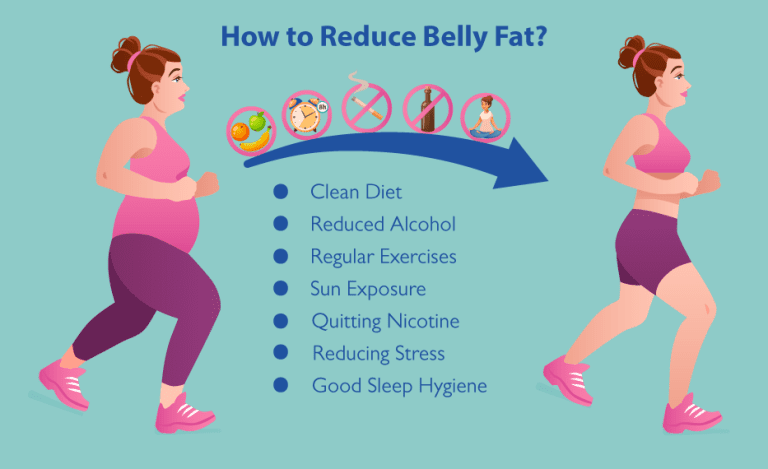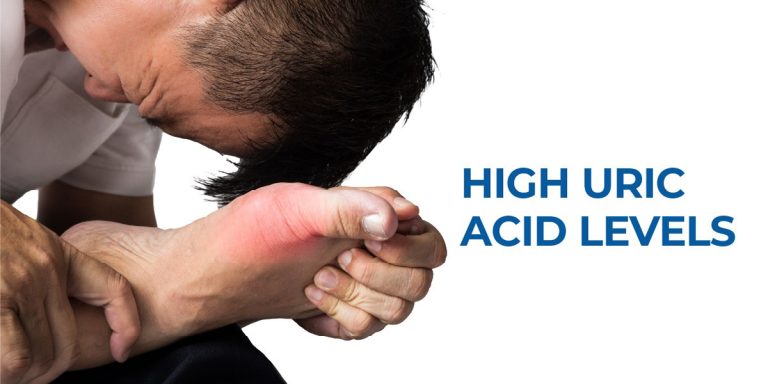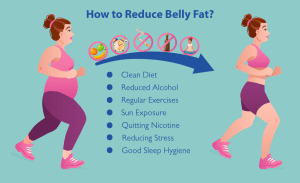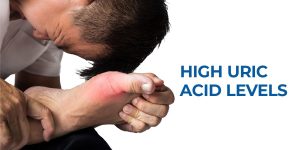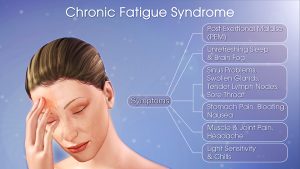High blood pressure can be a serious health concern and it can lead to more serious problems if left unchecked. Fortunately, there are ways to prevent and lower high blood pressure – so don’t panic! In this post, we will explore proven methods and lifestyle changes that you can make to help control your blood pressure. From dietary tips to exercise and more, let’s take a look at some of the best ways to lower your blood pressure naturally.
What causes high blood pressure
High blood pressure, also known as hypertension, can be caused by a variety of factors. While some people may have a genetic predisposition to high blood pressure, it can also be caused by lifestyle choices such as diet, smoking, and lack of exercise. In addition, certain medical conditions such as kidney disease or endocrine disorders can also lead to hypertension.
If your blood pressure is too high, it can damage your arteries. This can lead to heart disease, stroke, and other problems.
If you are concerned that you may have high blood pressure, it is important to see your doctor for a complete checkup. They will be able to determine if your blood pressure is elevated and help you develop a plan to lower it if necessary.
How to lower blood pressure with diet and exercise
There are a few things you can do to help lower your blood pressure through diet and exercise. Reducing your sodium intake can help regulate blood pressure. The American Heart Association (AHA) recommends no more than 2,300 mg of sodium per day for most people, or 1,500 mg if you have high blood pressure. You should also avoid processed foods, as they tend to be high in sodium.
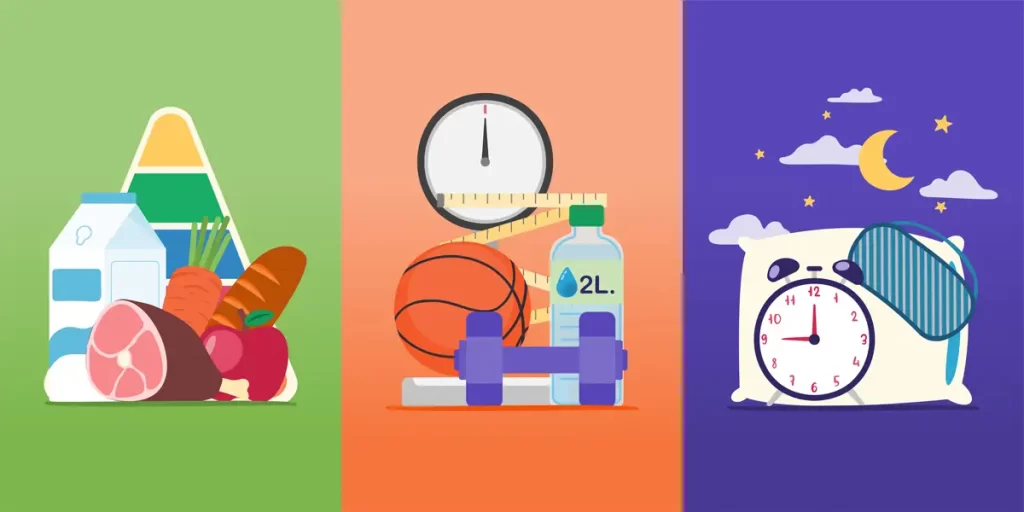
Regular exercise is another great way to help keep your blood pressure in check. The AHA recommends at least 30 minutes of moderate-intensity aerobic activity per day, like walking or biking. But even small amounts of physical activity can make a big difference. Try to get up and move around every 30 minutes or so, even if it’s just for a few minutes at a time.
In addition to diet and exercise, there are other lifestyle changes you can make to help lower your blood pressure. If you smoke, quitting is one of the best things you can do for your health. Cutting back on alcohol can also help reduce blood pressure. And managing stress levels is important, as chronic stress can lead to high blood pressure.
Yoga, meditation, and deep breathing exercises can be beneficial when it comes to reducing stress. Deep breathing helps to relax the body and reduce stress. Taking deep breaths when feeling anxious or stressed can help to lower blood pressure.
Make sure you’re getting enough sleep. The AHA recommends seven to eight hours a night for adults.
Pursuing hobbies, spending time with friends and family, and socializing can also help you manage stress levels.
Water intake not only helps to flush out toxins from your body but also has a positive effect on your blood pressure. Try to drink at least 8-10 glasses of water every day.
Some studies have also shown that eating foods that are rich in potassium and magnesium can help lower blood pressure. Foods such as bananas, spinach, avocados, nuts, and seeds are all good sources of these minerals.
Home remedies such as garlic and hibiscus tea are also helpful in lowering blood pressure.
Travel and fun activities like hiking and swimming can also help reduce stress, which in turn helps in reducing blood pressure.
Finally, make sure you’re taking your prescribed medications regularly and as directed by your doctor.
When to see a doctor for help with lowering blood pressure
If you have been diagnosed with high blood pressure, you should see your doctor for help in lowering your blood pressure. There are many medications that can effectively lower blood pressure, and your doctor can help you choose the best one for you.
Along with medicine, you can incorporate required lifestyle changes which can slowly address the root cause of the problem and help fix the problem naturally.
Conclusion
Lowering your blood pressure can be a challenge, but it is an achievable goal for anyone with the right approach. By making simple lifestyle changes such as reducing your sodium intake, exercising regularly, and managing stress levels. You will be well on your way to reducing your blood pressure in no time.
Additionally, speaking with your doctor about adjusting any medications you may be taking is also important. With dedication and consistency, you can make real progress towards lowering your blood pressure and improving overall health naturally.




